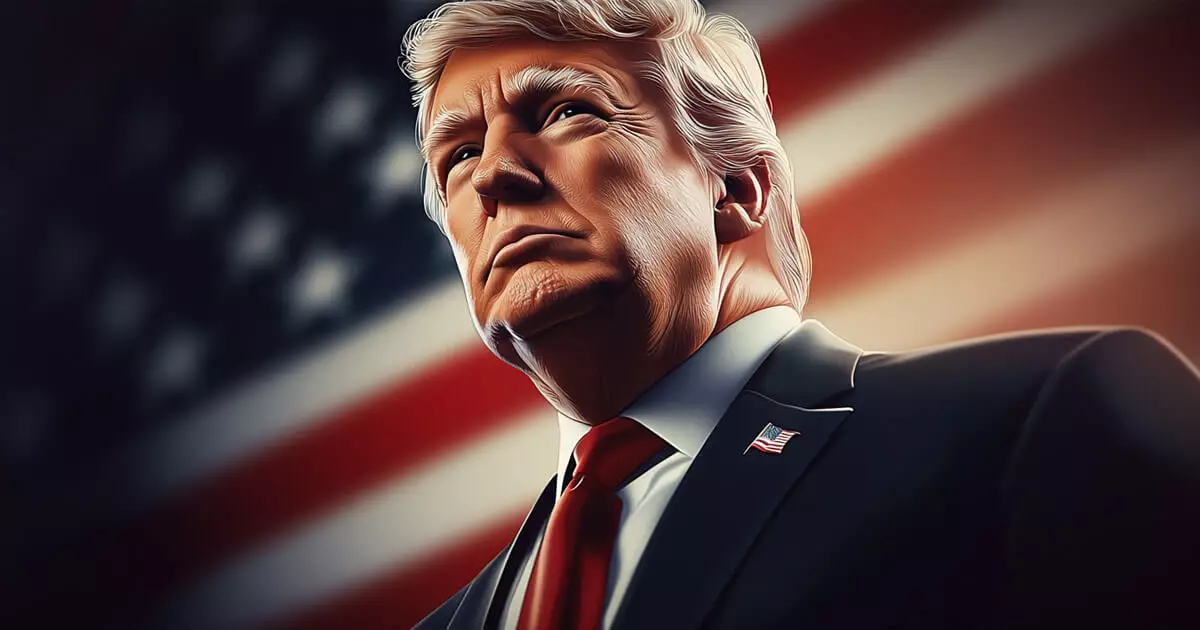The election of Donald Trump as President has been a pivotal moment for many sectors, including the burgeoning cryptocurrency industry. During his campaign, Trump made significant pledges regarding the federal approach to cryptocurrency regulation. Legal experts who gathered at a recent conference in New York have suggested that the new administration is likely to pivot away from rigorous enforcement of crypto-related crimes, signaling a shift in priority that could reshape the landscape for digital currencies in America. While the legal framework will still address fraudulent activities, the emphasis appears to be on reallocating resources toward other pressing issues, primarily immigration law enforcement, which was a focal point of Trump’s platform.
Resource Allocation and Its Implications
Scott Hartman, a key figure at the U.S. Attorney’s Office in Manhattan, confirmed that the current staffing dedicated to crypto enforcement is slim, with only 16 attorneys working on these cases. He underscored that, given the economic climate and recent downturns in the crypto market, often termed the ‘crypto winter,’ the office anticipates allocating fewer resources towards these crimes. This reduction comes at a time when the perception of cryptocurrency is still evolving; it suggests that as the industry gains more legitimacy, government scrutiny may give way to a landscape where enforcement takes a back seat.
Steve Pelkin, a former partner at Sullivan & Cromwell who previously led the SEC’s enforcement strategy, echoed these sentiments by indicating a probable shift in priorities that would funnel more resources into immigration enforcement. This anticipated reevaluation of focus raises questions about the extent to which crypto regulation will remain a priority under Trump’s leadership.
Leadership Changes at the SEC
The anticipated nomination of Jay Clayton as the U.S. attorney in Manhattan signifies a potential return to a less aggressive regulatory stance towards cryptocurrency than the one exercised under the current SEC chair, Gary Gensler. While Clayton led the SEC during a time when the agency was cautious yet proactive in pursuing certain crypto cases, the ongoing aggressive litigation against major firms like Coinbase and Binance under Gensler reveals a contrasting approach. Trump’s expressed goal of removing Gensler from his position further underscores a deeper ideological shift regarding how cryptocurrencies are approached at the federal level.
Importantly, changing leadership could result in a complete reevaluation of ongoing cases. The SEC’s legal confrontations may become less combative, creating an uncertain environment for crypto firms navigating essential regulatory waters. Although Gensler’s term extends until July 2025, any leadership transition could significantly redirect the SEC’s agenda, creating a more congenial regulatory environment for cryptocurrency—an aspect many industry players have longed for.
In summation, Trump’s victory indicates that significant alterations in crypto regulation are on the horizon. As law enforcement agencies begin to prioritize immigration issues over cryptocurrency crimes, the industry may see a relative easing of scrutiny, allowing for more innovation and growth. However, the landscape remains fraught with uncertainty, especially concerning the SEC’s active litigation against major players and the potential shifts in regulatory strategies. All stakeholders in the crypto ecosystem will have to adapt to these changing dynamics, as the enforcement landscape evolves in response to leadership and policy changes.



Leave a Reply